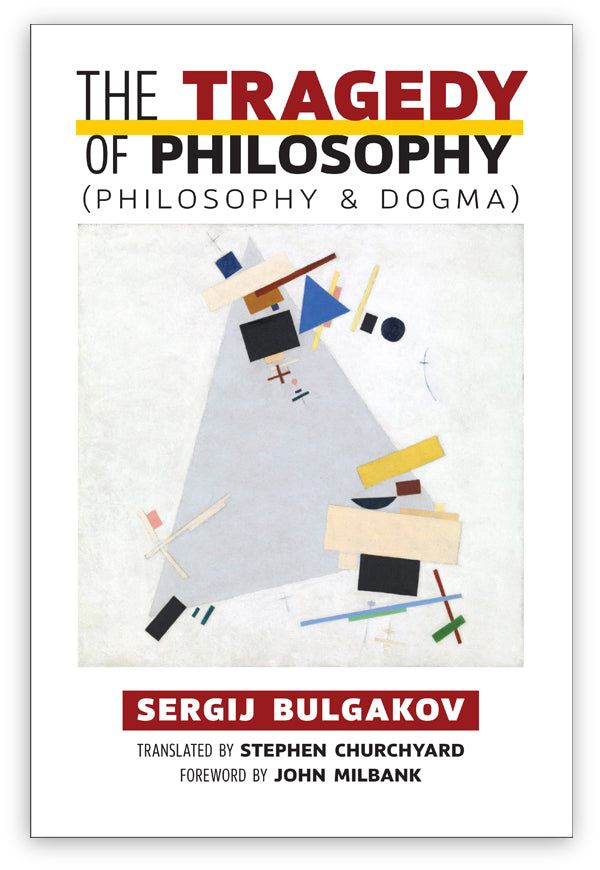
Full Description
About the Book
The Tragedy of Philosophy, written in 1920–1921 during one of the darkest passages of Sergij Bulgakov’s life, is a pivotal work in his career, indispensable to an understanding of the philosophical assumptions informing the mature theological trilogies of his final, Parisian period. It argues that philosophy, of whatever kind, always monologically privileges some single pole of what there is—a “substance” that is in truth constitutively triune. At the book’s center lies the idea of a Trinitarian ontology capable of resisting philosophy’s militant reductionism. Such resistance, for Bulgakov, requires a new conception of the very relationship between philosophy and theology. The Tragedy of Philosophy explores just what such a “critical antinomism” or “religious empiricism” might look like.
Praise
About the Author



